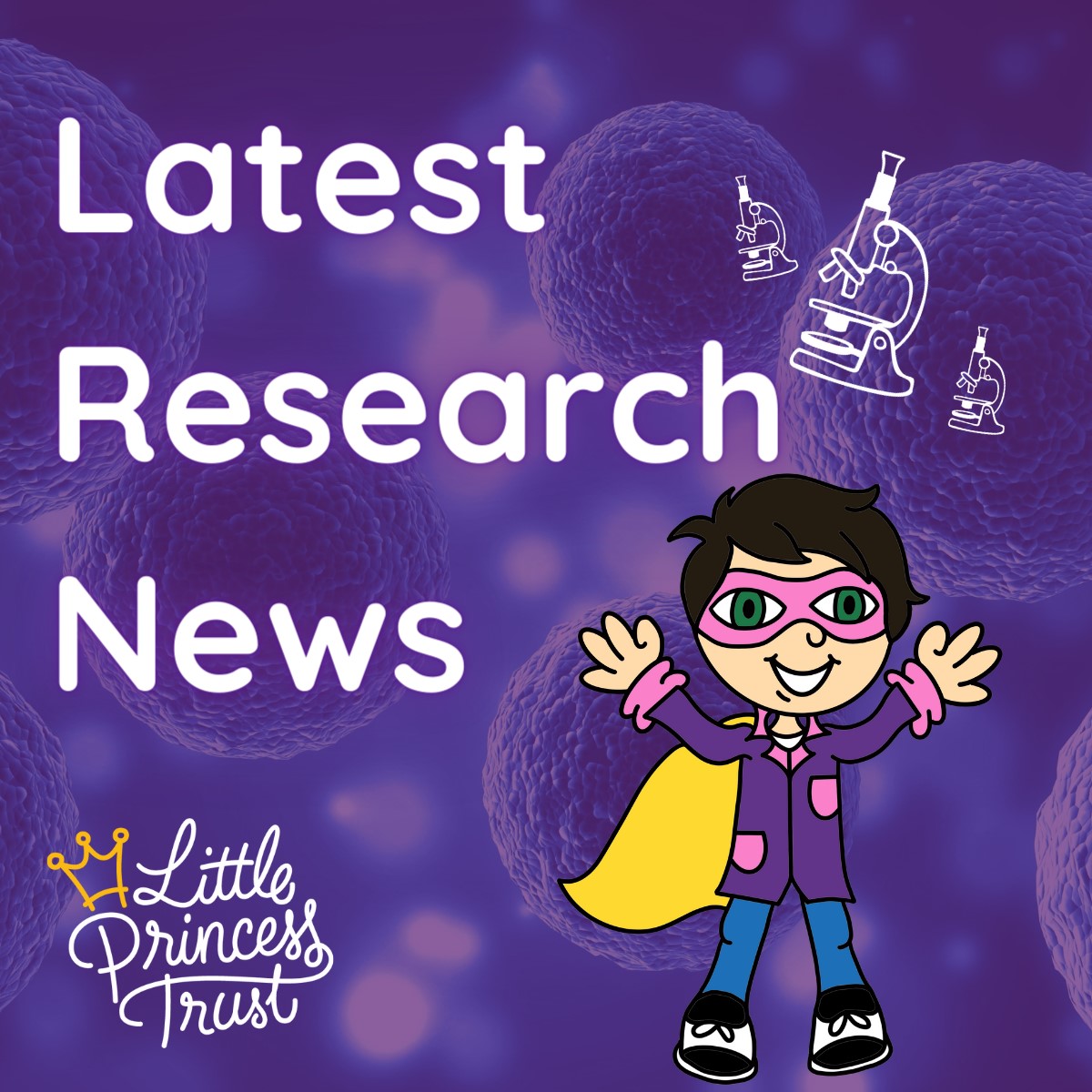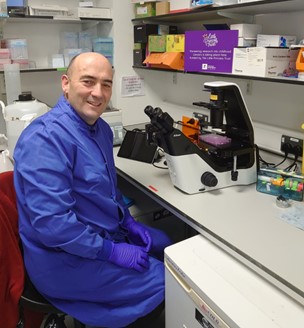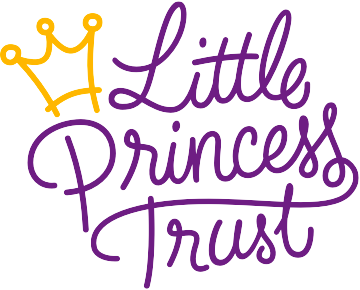Little Princess Trust News
New research funded into rare childhood leukaemias

Aim is to even the playing field for those with rare cancers
The Little Princess Trust is proud to announce the funding of two new research projects into leukaemia, the most common type of childhood cancer.
Leukaemia is a type of blood cancer that has lots of different subtypes in children. While some subtypes of leukaemia respond well to treatment, some children have no effective treatment options. We urgently need research into the rarer and harder to treat subtypes.
In her new project, titled Exploring new targeted therapy options for acute myeloid leukaemia in babies, Dr Cristina Pina is working on a subtype of acute myeloid leukaemia that affects babies under the age of two.
Although rare, this cancer is very hard to treat because there are no medicines available that were developed specifically for it.
The most exciting part of this project is having two new cancer models in which we can test and validate new potential medicines.
Cristina said: “This project is our first opportunity to look for drugs that target the rare but deadly form of infant leukaemia we are working on.
"It is the most frequent kind of acute myeloid leukaemia that is unique to this very young age group, but there are currently no targeted therapies for these patients.”
With her team at Brunel University, she plans to test many different medicines in her lab on especially developed cancer models.
.jpg)
The two models mimic different aspects of acute myeloid leukaemia, such as how it develops in the embryo and foetus, the stage at which this disease starts, and how it responds to treatment.
Cristina hopes that this project will identify the best medicines to research further, with the aim of taking them to clinical trial.
She said: “The most exciting part of this project is having two new cancer models in which we can test and validate new potential medicines – these weren’t available until just a few months ago.
“We’re elated to receive this Little Princess Trust funding because it gives us the opportunity to use these models to work beyond the basic mechanisms of how the cancer behaves and to start looking at ways to translate our work into the clinic.”
Dr Alexander Thompson, based at the University of Nottingham, is working on a very rare type of cancer called therapy-related leukaemia.
Around one in 100 childhood cancer patients develop therapy-related leukaemia as a result of the treatments used to kill their cancer.
This might be due to some treatments damaging DNA, or activating very rare pre-leukaemia cells, which would affect how blood cells are made.

In his project, titled Investigating why some children get leukaemia after treatment for other cancers, Alex and his team aim to track and trace the rare cells that are susceptible to becoming therapy-related leukaemia cells.
The team also hope to develop models in the lab which will help researchers learn how to target these cells.
He said: “The project is about gaining a deep understanding for which cells gives rise to leukaemia in patients that are already being treated for other cancers, and also for how it happens.
“Understanding when and how errors in blood cells lead to cancer, as a result of chemotherapy and other treatment exposure, will help us to understand the origins of therapy-related leukaemia.
"It could also support better monitoring of patients throughout their treatment and help identify better targeted treatments for these patients.”
We hope to identify and de-risk a number of new or repurposed medicines for accelerated application within clinical trials.
His team will use blood and bone marrow samples from cancer patients that develop therapy-related leukaemia, to track and trace genetic mutations before, during and after the patient’s treatment.
Alex will then compare any leukaemia cells found to healthy stem cells from the same sample to see how the cells develop differently.
Alex added: “Successful development of these stem cell models will allow us to test multiple new medicines in both leukaemia and healthy cells, to identify potential treatments that are specific to the leukaemia but do not damage normal cells.
"We hope to identify and de-risk a number of new or repurposed medicines for accelerated application within clinical trials.”
By the end of his project, Alex hopes to have discovered how therapy-related leukaemia starts, and what treatments may be kinder and more effective for patients.
Phil Brace, CEO of The Little Princess Trust, said: “We are excited to share our two new leukaemia research projects, which will help even the playing field for those with rare cancers.
"Dr Cristina Pina's work into a rare form of infant leukaemia addresses a significant treatment gap for young and vulnerable patients, and Dr Alexander Thompson’s work will support the development of new treatments for therapy-related leukaemia, as well as backing the focus on safer and targeted treatments.
"We look forward to seeing the impact of these fantastic projects!”



